Medications For Huntingtons Disease
Medications for huntingtons disease. Medicines to ease mood swings and irritability. Therapeutic options include dopamine-depleting agents eg reserpine tetrabenazine and dopamine-receptor antagonists eg neuroleptics. Medications for HD Behavioral strategies speech therapy physical therapy counseling lifestyle changes are important tools in helping to treat HD.
Medicines to reduce involuntary movements. Huntingtons disease HD is a rare neurodegenerative disease of the central nervous system characterized by choreatic movements behavioral disturbances and neuropsychiatric sequelae. Tetrabenazine which causes depletion of the neurotransmitter dopamine is prescribed for treating Huntingtons-associated involuntary movements as is deutetrabenazine.
In the future dopamine stabilizers such as pridopidine could replace antipsychotics modulating dopamine transmission. Olanzapine is one of the most commonly prescribed dopamine antagonists for the treatment of behavioral symptoms in HD. All medications have side effects and selecting the.
Olanzapine is an atypical antipsychotic with a high affinity for serotonergic receptors 5HT2A 5HT2c 5HT3 as well as D2 antagonism. 16 linhas Drugs used to treat Huntingtons Disease. Complex medication is primarily managed through the clinic in liaison with the patients GP and local health teams such as community mental health teams.
The following list of medications are in some way. Where to find medication Ideally people with Huntingtons are referred to a specialist Huntingtons disease clinic by their GP. The only medication for HD that is FDA-approved is tetrabenazine but many others have been used successfully on an off-label basis.
If chorea is part of a tardive dyskinesia syndrome the medications valbenazine Ingrezza and deutetrabenazine are usually considered. The disease is inherited in an autosomal dominant fashion by an increased number of CAG repeats on the short arm of chromosome 4p163 in the Huntingtin gene. Medicines can help reduce some of the problems caused by Huntingtons disease but they dont stop or slow down the condition.
Doctors prescribe deutetrabenazine Austedo or tetrabenazine Xenazine to control muscle movements of Huntingtons chorea. Fluvoxamine or estrogens CYP1A2 inhibitors may increase plasma concentrations.
In the future dopamine stabilizers such as pridopidine could replace antipsychotics modulating dopamine transmission.
Doctors prescribe deutetrabenazine Austedo or tetrabenazine Xenazine to control muscle movements of Huntingtons chorea. Tetrabenazine which causes depletion of the neurotransmitter dopamine is prescribed for treating Huntingtons-associated involuntary movements as is deutetrabenazine. Doctors prescribe deutetrabenazine Austedo or tetrabenazine Xenazine to control muscle movements of Huntingtons chorea. Medications for HD Behavioral strategies speech therapy physical therapy counseling lifestyle changes are important tools in helping to treat HD. Therapeutic options include dopamine-depleting agents eg reserpine tetrabenazine and dopamine-receptor antagonists eg neuroleptics. Medicines to reduce involuntary movements. Fluvoxamine or estrogens CYP1A2 inhibitors may increase plasma concentrations. Huntingtons disease HD is a rare neurodegenerative disease of the central nervous system characterized by choreatic movements behavioral disturbances and neuropsychiatric sequelae. All medications have side effects and selecting the.
In the future dopamine stabilizers such as pridopidine could replace antipsychotics modulating dopamine transmission. Complex medication is primarily managed through the clinic in liaison with the patients GP and local health teams such as community mental health teams. Huntingtons disease HD is a rare neurodegenerative disease of the central nervous system characterized by choreatic movements behavioral disturbances and neuropsychiatric sequelae. Olanzapine is one of the most commonly prescribed dopamine antagonists for the treatment of behavioral symptoms in HD. Medicines to reduce involuntary movements. Therapeutic options include dopamine-depleting agents eg reserpine tetrabenazine and dopamine-receptor antagonists eg neuroleptics. Tetrabenazine which causes depletion of the neurotransmitter dopamine is prescribed for treating Huntingtons-associated involuntary movements as is deutetrabenazine.

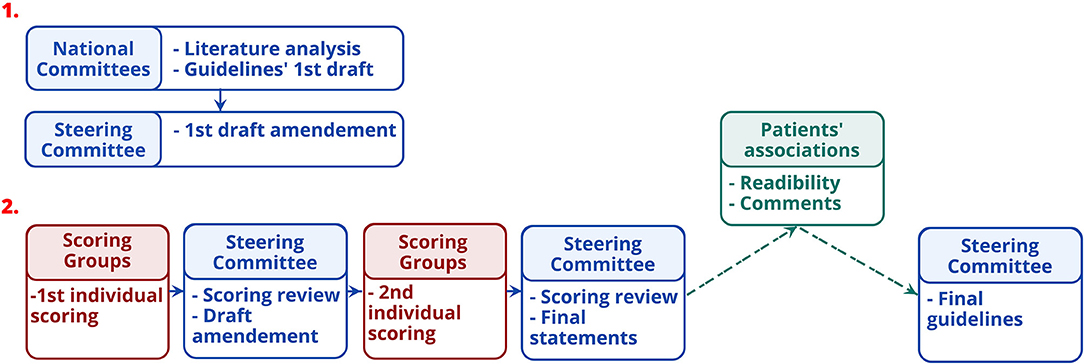



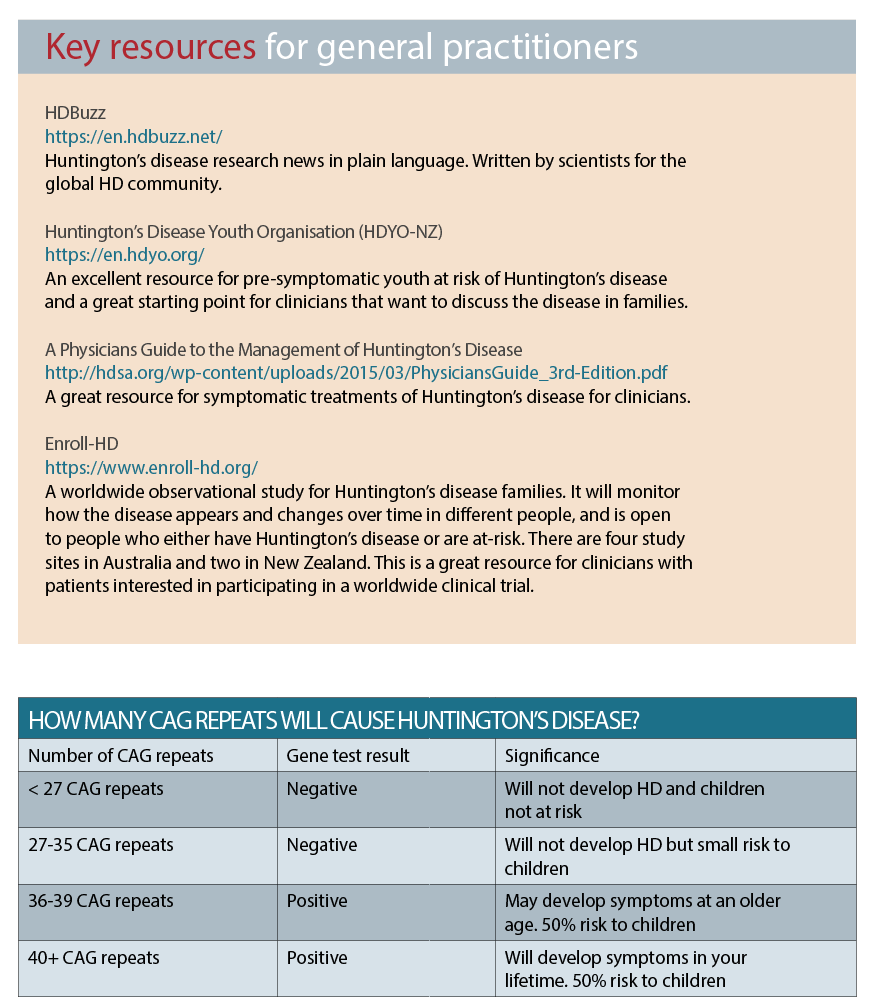

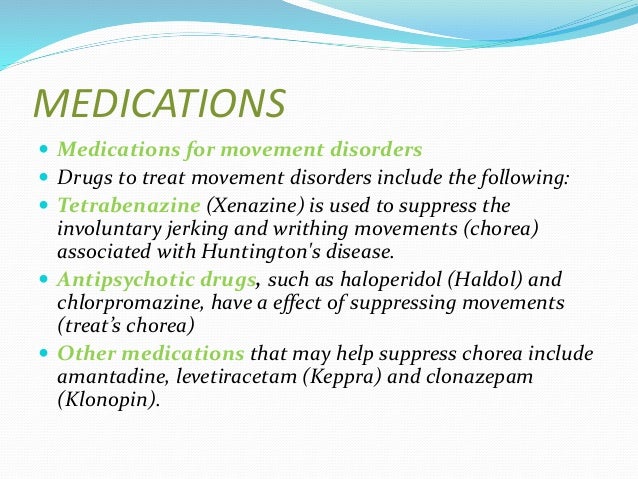



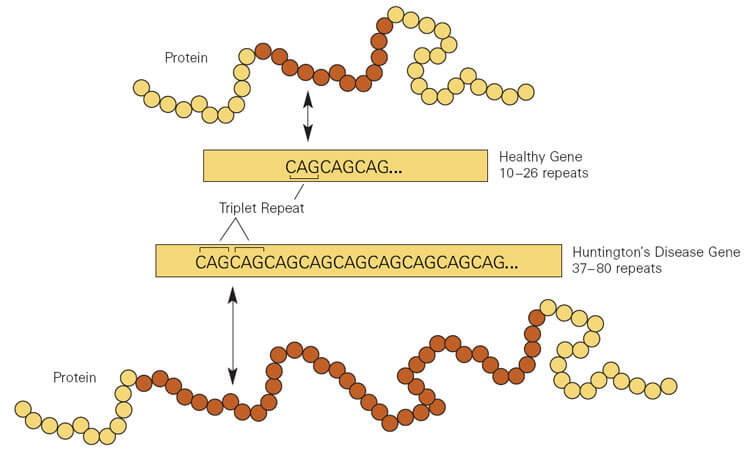

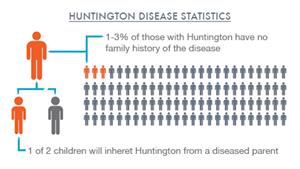




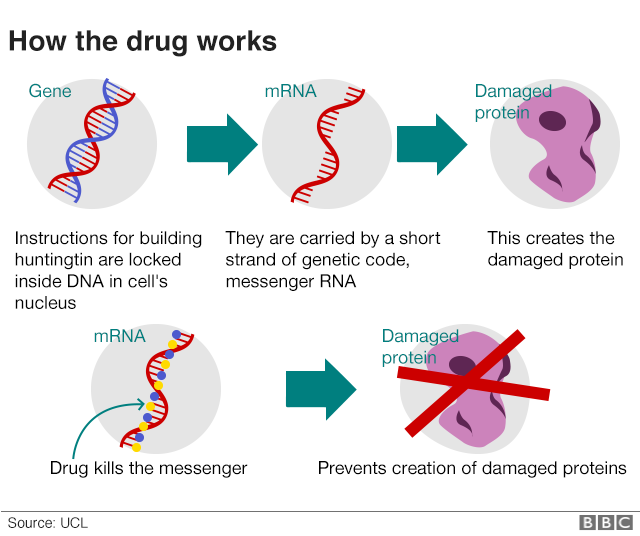








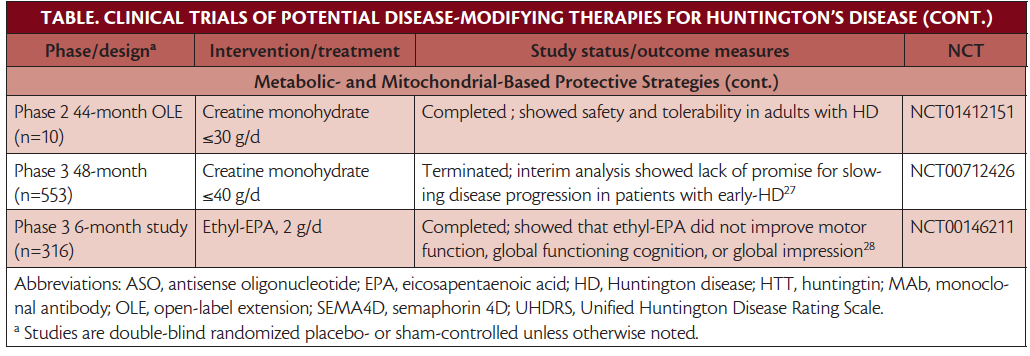


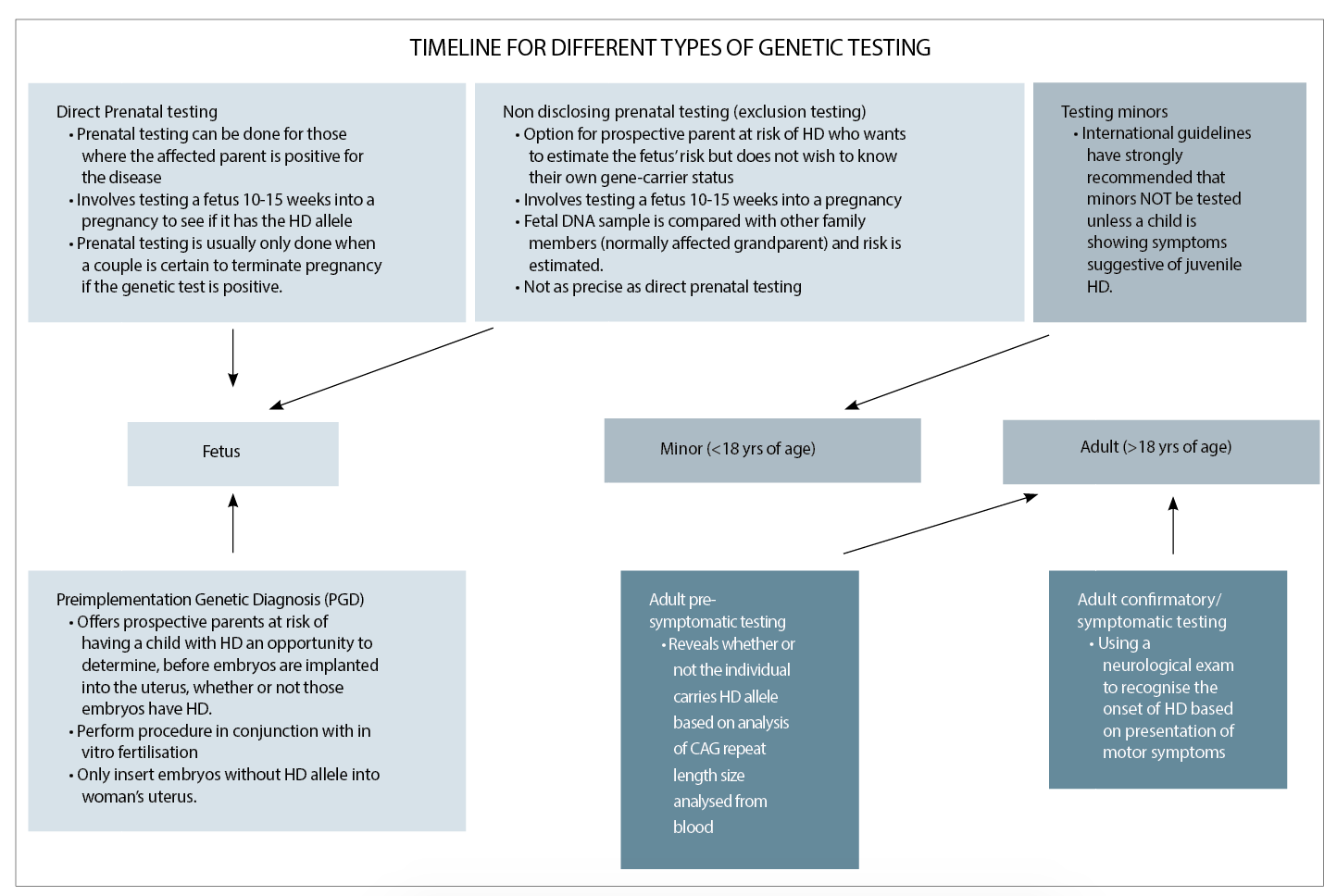

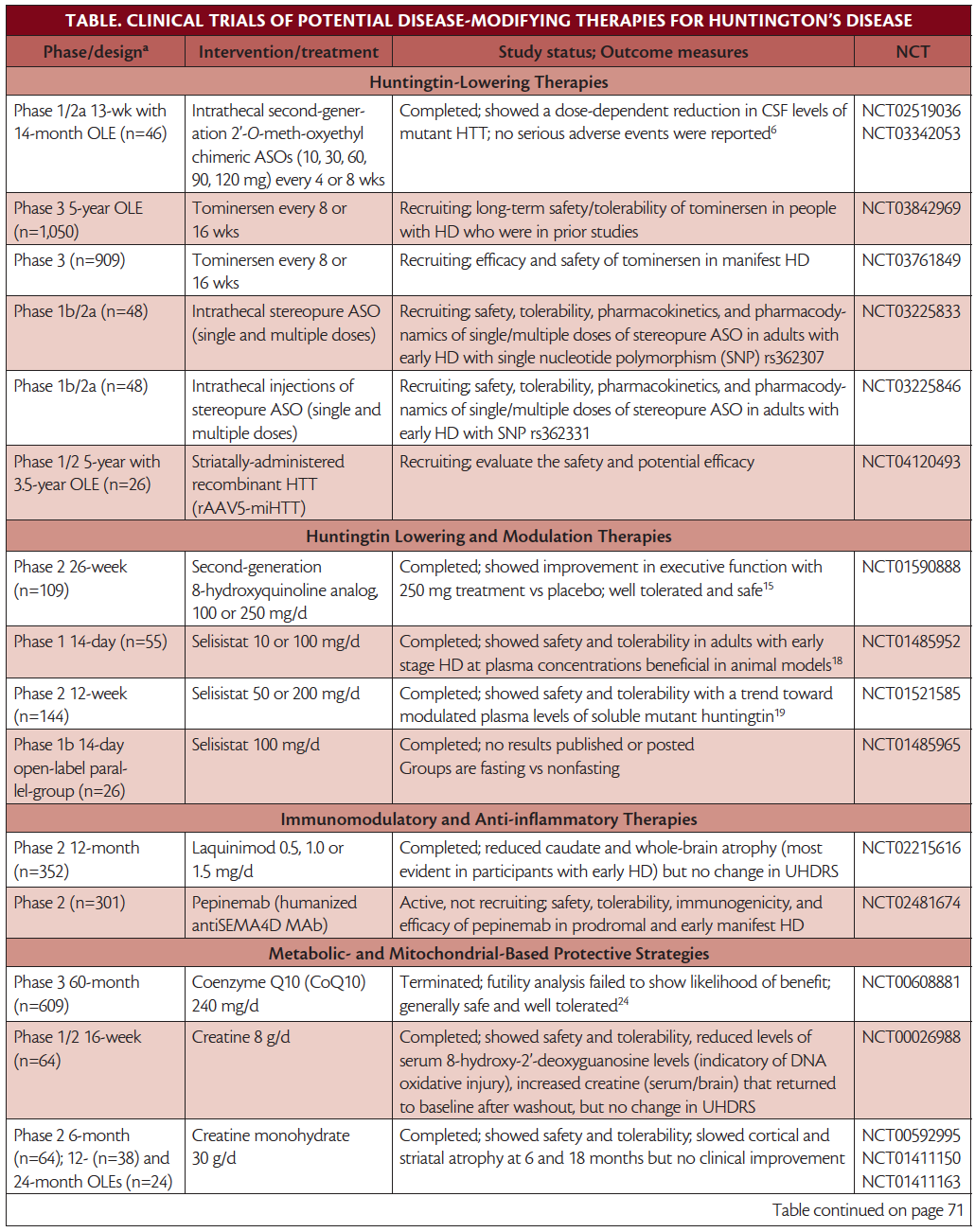


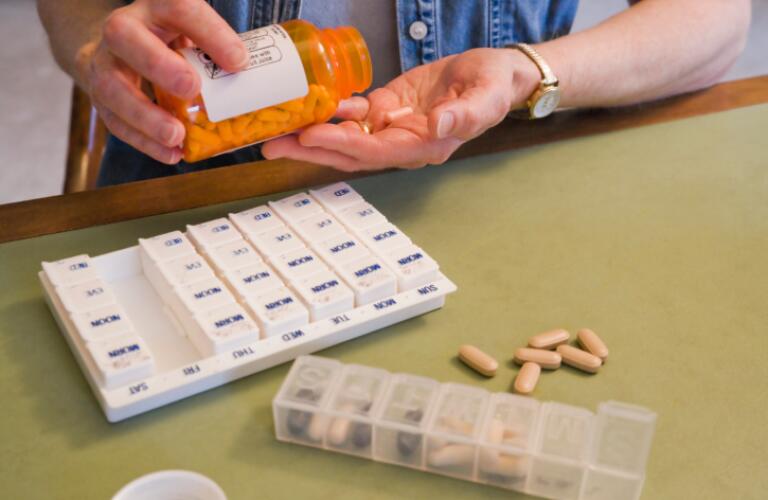






Posting Komentar untuk "Medications For Huntingtons Disease"